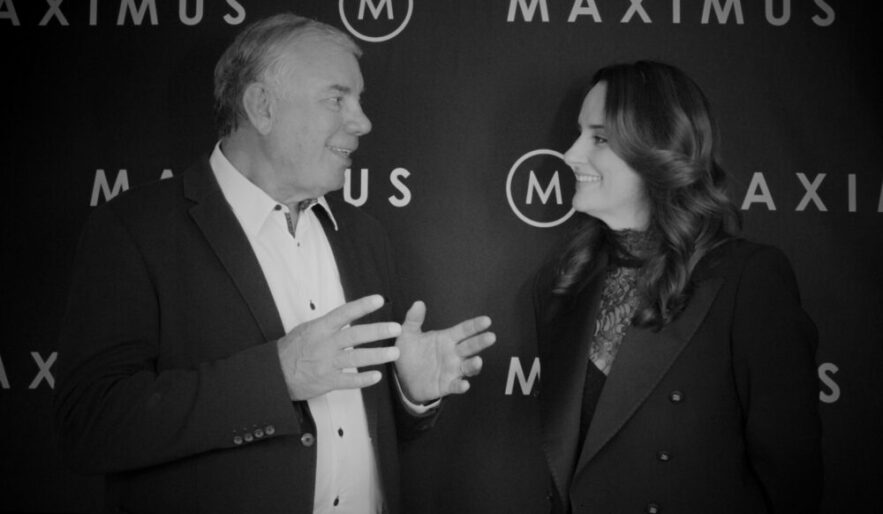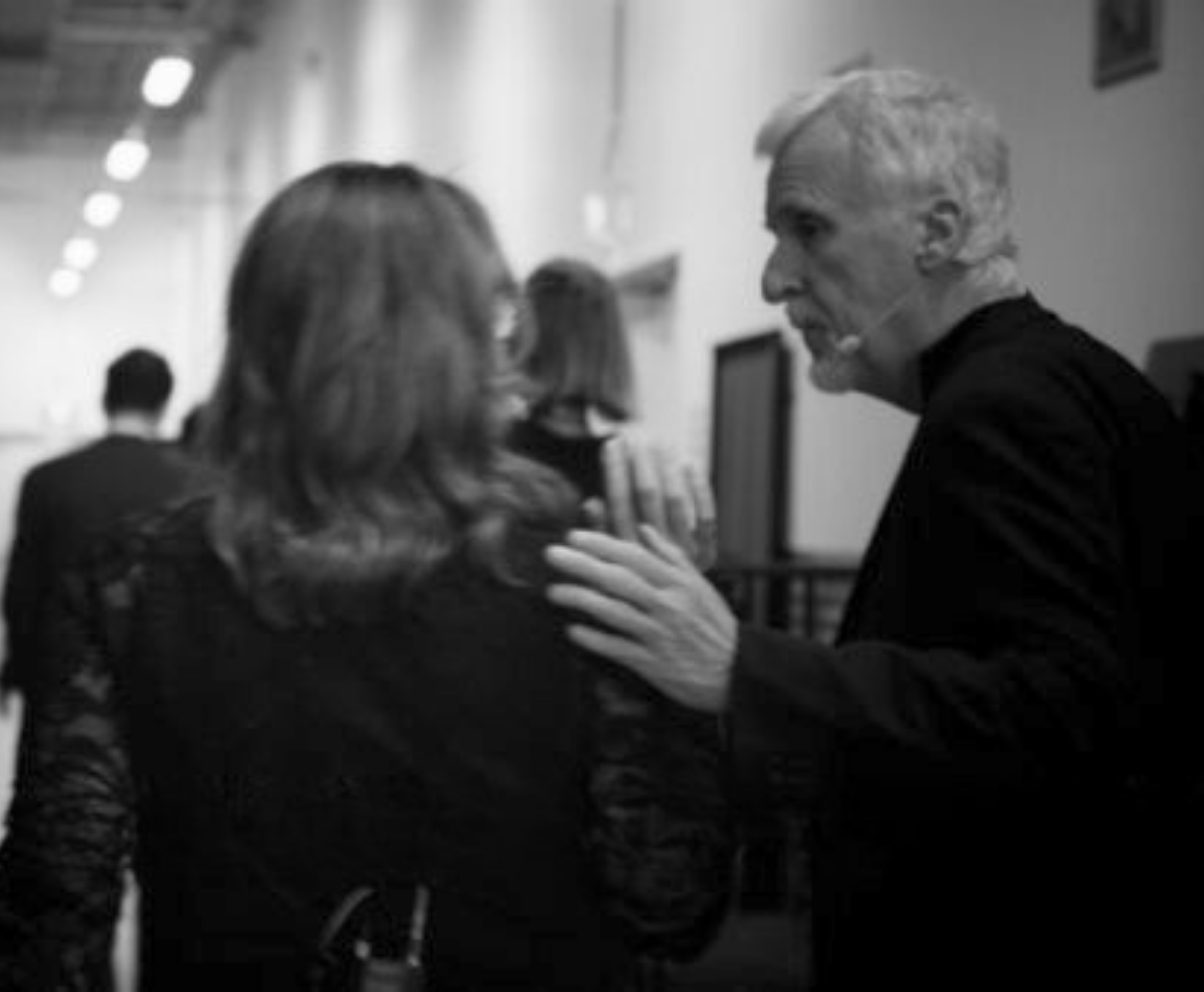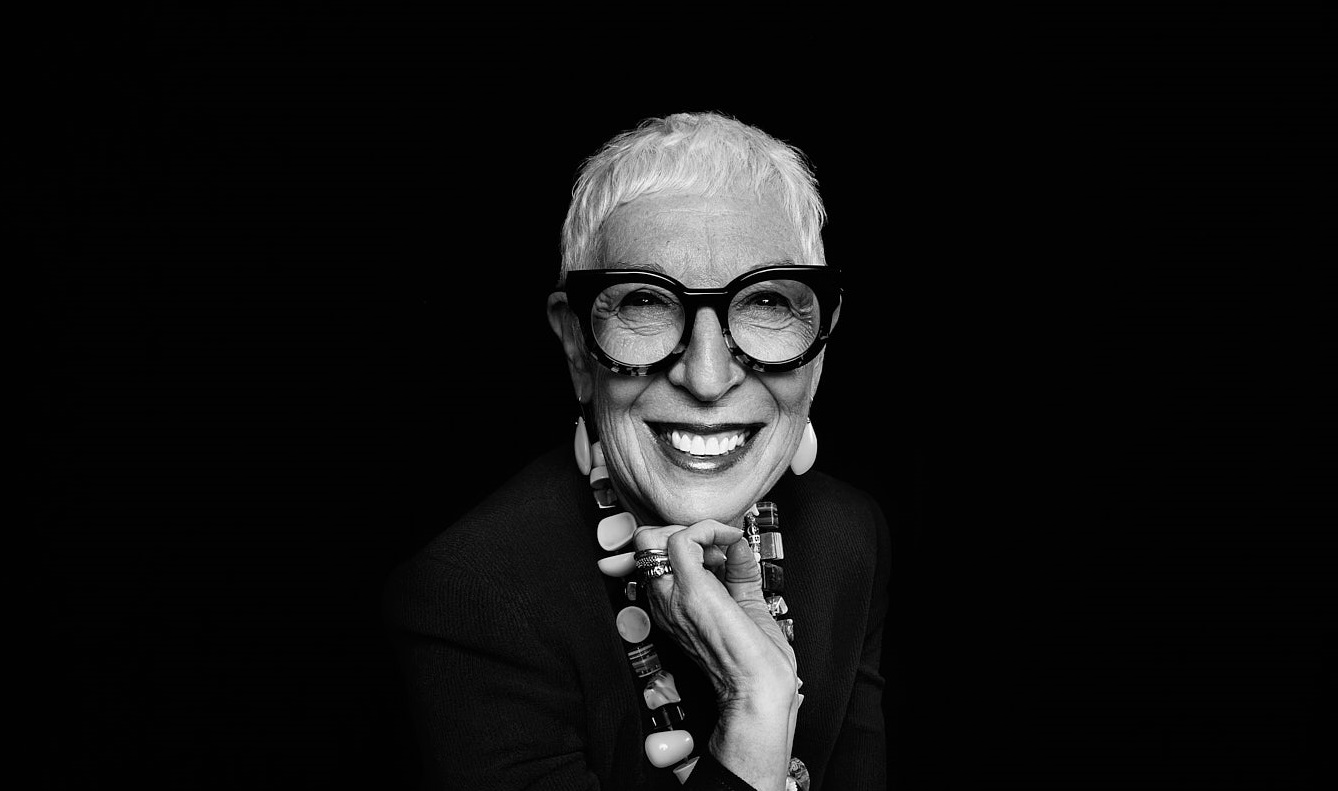Peter Coffee has ridden the Salesforce wave. From an early coffee with Founder Marc Benioff where a dream of a new way to interact with customers was shared – to joining a medium-sized business years later with some 2000 employees – and finally to today, 15 years later, as Salesforce dominates industries and geographies as the number 1 CRM globally, with a market cap of some $300B and some 60,000 employees. It’s been quite the ride.
Peter is a big thinker. Macro is the name of the game. Sharing deep thoughts and insights about the future is where Peter comes alive and thrives. These thoughts have made Peter a world-renowned technologist, author, speaker and technical evangelist, with an enormous following among those in the know. Peter offers wide-ranging insights into how AI, big data, cloud computing and innovation practices transform industries and lives. His inputs may be data-driven, but his outputs are distinctly human.
We were fortunate to share a mind-opening hour with Peter. Here are some of our favourite insights.
“We don’t get to decide if the future is going to hit us, we do get to decide what role we’re going to play in it”
A MODEL FOR INCUMBENTS
Salesforce has transitioned over the past two decades from a hungry startup to a globally dominant incumbent. The alpha-gorilla in the CRM-jungle. Somehow, Salesforce’s culture has remained deeply innovative, transparent and as hungry as ever. The market has recognised this with 40% returns year to date and Fortune naming Salesforce as #2 in the ‘Best Companies to Work For’. An air of intentionality and conviction has driven this ongoing success. A clarity of role, remit and purpose. Bordering on an obsession to build an ecosystem that connects people, builds relationships, and as a result, solves customer problems brilliantly and creates real world benefits. Incumbents can learn several lessons from this success.
“Business schools are still teaching us to build castles, instead of kingdoms and federations of kingdoms”
FROM CASTLES TO KINGDOMS
The era of ecosystems has truly arrived. The eras of castles in which you hold your ‘crown-jewel’ data or technology, are gone.
Innovation is not about getting people to adopt your new invention, it’s about changing behavior. The main purpose of information-technology is collaboration. Collaboration thrives in open and healthy ecosystems, not behind a veil.
21st century technology is thriving on the ability to interchange data and to share responsibility for process, the very antithesis of how technology was developed in the 20th century. As Peter notes, “Consider that Salesforce has literally millions of applications running on our platform that we didn’t write”. Salesforce created a platform that empowered creators and engineers to collaborate and autonomously solve problems that benefit customers, the ecosystem, and the world.
The Question: What castles is your organisation building, that would benefit from federation and ecosystem thinking?
“Somewhere out there, 4 university students sitting together over pizza and beer working out how to take you out.”
ASKING THE WRONG QUESTION
The wrong question: How do you solve yesterday’s problem, with tomorrow’s technology?
The right question: What’s the experience I’m designing to meet the need my customers have?
Look at the customers you currently have, those you’ve struggled to maintain, those you haven’t succeeded in attracting – what do they want from you? What are they taught to expect from you? Can you give them an experience that is as good as the best experience they’ve had all day from anybody?
The antidote to the ‘expertise fallacy’ is to reimagine what you must be an expert in. Becoming an expert in your customers’ needs and creating the best imaginable experience cements relevance. As Uri Levine, Founder of Waze, put it recently in conversation with us: “Fall in love with the problem , not the solution.” This requires letting go of legacy-infatuations. Those offerings that were so perfect for your customers five years ago.
The Question: What are people in your organization infatuated with, that would perplex those 4 university students looking at your market?
“Crucially, we have to ask, what’s the experience our own people need to have on the backside of the looking glass to deliver the experience the customers want?”
THE BACKSIDE OF THE LOOKING GLASS
To deliver the experience you want customers to have, demands intentionally designing both sides of the looking glass. Typically, in many organisations it’s just assumed the people designing the experience will do whatever is necessary behind the scenes. This isn’t right. You have to intentionally design the experience that helps them deliver. Why would the best minds offer their best thinking to you if your only obsession is your customer?
Salesforce has given its people the opportunity to play superheroes. People tend to demand purpose and have an innate need to solve the world’s problem. Salesforce has leveraged this need along with their technology to deliver global impact on a grand scale.
Salesforce’s 1:1:1 commitment has become the global standard for corporate philanthropy pledging 1% of product 1% of assets and 1% of time to worthy causes. From the Fukushima clean-up of radioactive waste after the earthquake and tsunami, to Haiti and Cambodia, Salesforce employees have competed for the opportunity to take a pay-cut and use their skills and the Salesforce platform to help those in need. Employees put their names into a pool hoping to be drawn for an opportunity to cut their pay in half for a year to go work somewhere where they can make a difference.
As Peter puts it, “The cloud, data, technology- it’s a superpower. We tell our employees we will turn you all into superheroes and give you the powers to save the world.” It speaks to a very real need people have for their employment to be about more than their paycheck.
The Question: To what extent is your organisation giving people the opportunity to solve the world’s problems in the company of people they enjoy?
THE CHALLENGE:
Taken in combination the following turns an incumbent into a scaled-up challenger:
- The ability to reimagine your business as an ecosystem
- An obsessive focus on the experience you create for customers
- Empowering your employees to feel like superheroes
With this in mind, what’s your next best move?
This article was created from an interview held with Peter Coffee as part of our Expedition virtual events. If you would like to watch a recording of the session please click here, if you would like to know more about The Expedition, our fully customised, immersive, multi-day experience offering a global perspective to Australian executives, please click here.








